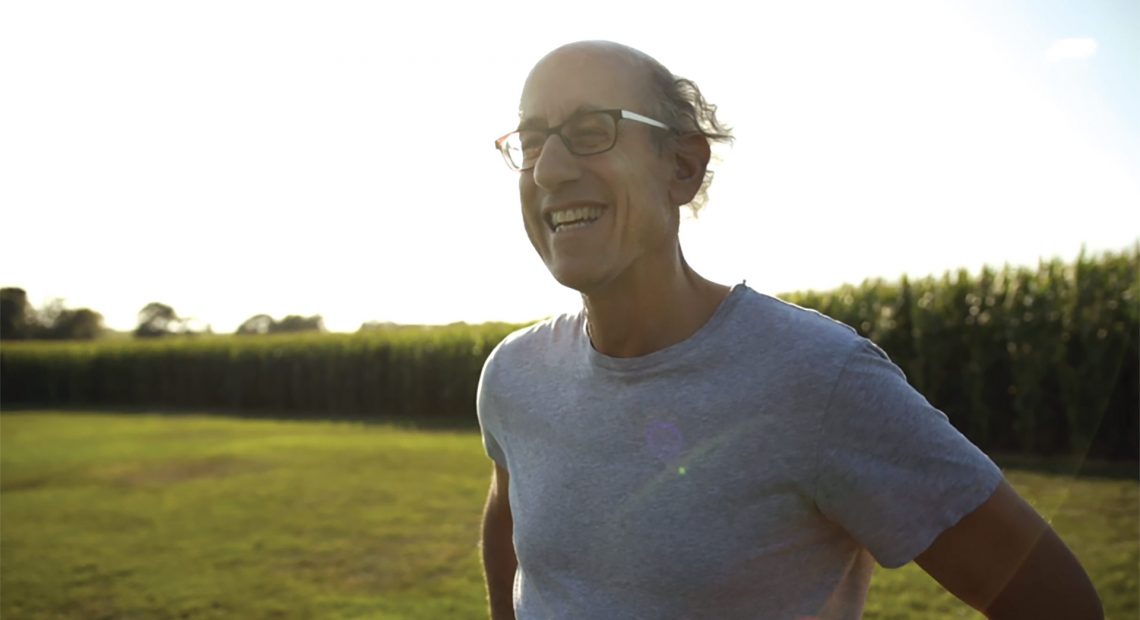Moving Up to the Show
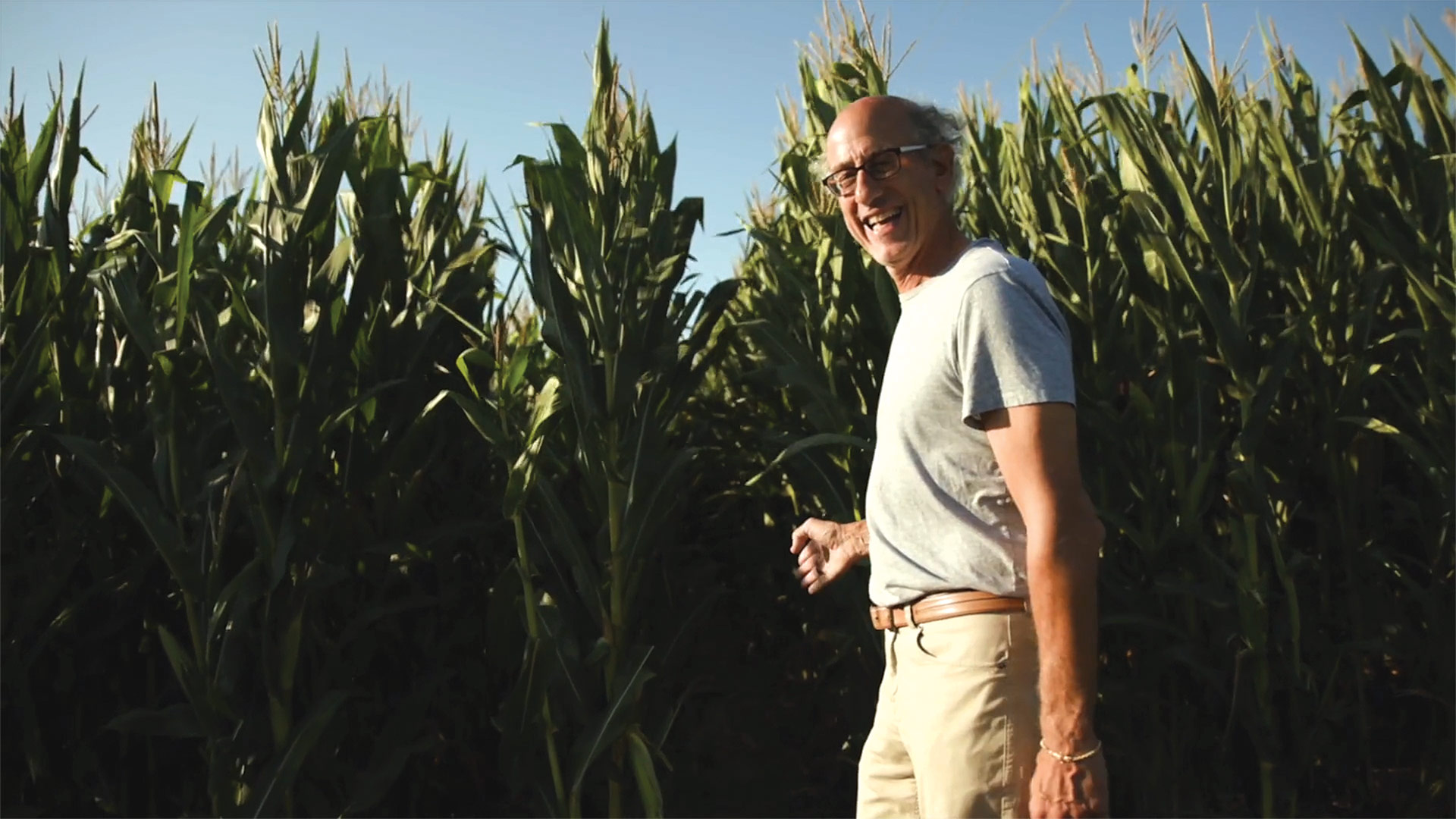
For the documentary on his one-man show, Yield of Dreams, Charlie Epstein visited the actual ‘field of dreams’ stadium in Iowa, a visit he said was inspirational on many levels.
Charlie Epstein joked that he has more people working for him on his one-man show — Yield of Dreams: A Financially Entertaining Experience — than he does at the financial-services company he founded, now part of Hub International.
Only … it’s no joke.
Indeed, over the past 21 months or so, Epstein, known to many as the 401k Coach, has hired comedians, directors, stage managers, animators, and more (the cast of supporters keeps growing) as he prepares to bring his show to the stage — in this case, the Northampton Arts Center — on Aug. 26 and 27.
That show, which has been delayed in some respects by COVID-19, will indulge both of Epstein’s passions — acting and financial advising, both of which he’s been doing for decades now.
The acting? That’s been a passion since childhood, and a diversion that was a big part of his life for more than a dozen years. He’s done everything from standup comedy in New York to another one-man show at the former CityStage called Solitary Confinement, in which he played seven roles.
The financial advising? That, too, has been a passion that has taken a number of forms, from books — Paychecks for Life and Save America, Save! — to a podcast to a video series.
Bringing the two worlds together has become yet another passion for Epstein, one that will put him on a live stage for the first time since he did an off-off-Broadway show just before 9/11.
After the final production of that show, he said a voice inside him told him it was time to leave the stage and move onto other things, including the books and the 401k Coach entrepreneurial endeavor.
“I’d pretty much accomplished everything I wanted to,” he recalled of his acting career. “I was done.”
Turns out, he was only done for a while. OK, a long while.
What brought him back was a desire to present his message in a new, different, and more entertaining way, and in the process, spread the message and attract new customers.
“We’re calling this a financially entertaining experience,” he said, “because the show asks the question: ‘what did you want to be when you grew up? And what happened to that promise?’ Everyone made a promise to themself growing up, only how many people kept the promise? My promise to myself was I always wanted to be an entertainer, and I kept the promise and figured out to successfully navigate living in both worlds.
“Most people are not pursuing their life’s passions — they are stuck in a job that is less than fulfilling, working for a paycheck, hoping one day they will finally get to do what they have always dreamed of.”
“Most people are not pursuing their life’s passions — they are stuck in a job that is less than fulfilling, working for a paycheck, hoping one day they will finally get to do what they have always dreamed of,” he went on. “In this show, I’ll bust your myths about money that hold you back from living the life you have always dreamed of.”
To do so, he’ll draw on some of his own real-life experiences, specifically with his acting career.
“I had basically taken three to five months off a year from 1988 to 2001,” he told BusinessWest. “And I discovered that the more time I took off from my financial business to pursue my acting and entertainment career, the more money I made every year.”
As noted, this show has been in the works for more than two years now and was inspired by a desire to return to the stage. Epstein said he met with Mike Koenig, serial entrepreneur, author, podcaster, and founder of the Superpower Accelerator, in the early fall of 2019 to discuss his plans.
“He told me that I should be like Leno and Letterman and all the great comics who have shows and hire my own comedy team to help me write these ideas that I had,” Epstein recalled, adding that, in exchange for being named producer of the show, Koenig said he would find the comedians — which he did.
“I flew out to La Jolla, California, and holed up for two days in a condo he [Koenig] has overlooking the Pacific,” Epstein went on. “I was there with three comedians, and I basically acted out all the ideas I had in my head. And with those three comedians, we crafted the outline of the one-man show. Then I went home and wrote 168 pages from October to Thanksgiving, then went back out to California in January for another two days of going over things. Then COVID hit, and we spent the next three or four months on Zoom, editing, writing, and acting things out.”
Subsequently, he has hired a director, a stage manager, a lighting designer, animators, and more to bring the show to life. He also traveled across the country for the filming of a documentary on the making of the show, created by Emmy Award winner Nick Nanton. There were location shoots in a variety of settings, including a mountaintop in California, New England, and the actual ‘field of dreams’ in Iowa, the one made famous in the movie starring Kevin Costner, a visit that Epstein said was inspirational on a number of levels.
“It’s like a shrine — it was fantastic being there,” he said, noting that he rented out for the field for two days so he and his crew could film at dusk. “I finally got to do what I always wanted to do, like James Earl Jones — walk into that cornfield like a ghost.”
Epstein, who is now spending several hours a day rehearsing, will perform Yield of Dreams: A Financially Entertaining Experience twice at the Northampton Arts Center, on Aug. 26 and 27 at 7 p.m. There is no cost to attend those shows; seats can be reserved, and that aforementioned documentary can be viewed, by downloading the app at yieldof dreams.live.
After those shows … the plan is to take the show on the road, as they say.
“The goal is to go city to city, tour the country, and teach people that they, too, can achieve their dreams,” he said, adding that the timing for such a show is ideal because many people have been cooped up during COVID, thinking about the present — and the future.
“They’re thinking, ‘I’m working in a job I can’t stand for a paycheck, and I’m miserable. Why don’t I just go for my dream?” Epstein said. “That’s what this show is. It’s me living my passion and trying to be an inspiration to other people.”
—George O’Brien
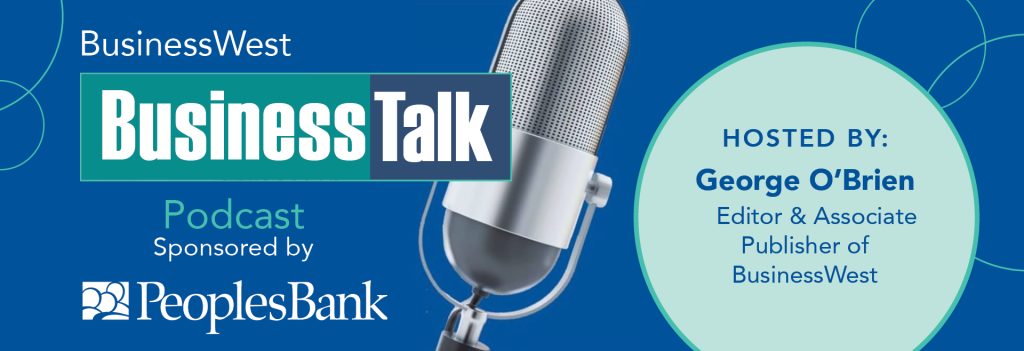 We are excited to announce that BusinessWest, in partnership with Living Local, has launched a new podcast series, BusinessTalk. Each episode will feature in-depth interviews and discussions with local industry leaders, providing thoughtful perspectives on the Western Massachuetts economy and the many business ventures that keep it running during these challenging times.
We are excited to announce that BusinessWest, in partnership with Living Local, has launched a new podcast series, BusinessTalk. Each episode will feature in-depth interviews and discussions with local industry leaders, providing thoughtful perspectives on the Western Massachuetts economy and the many business ventures that keep it running during these challenging times.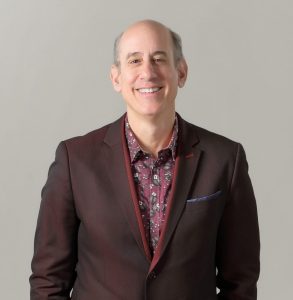



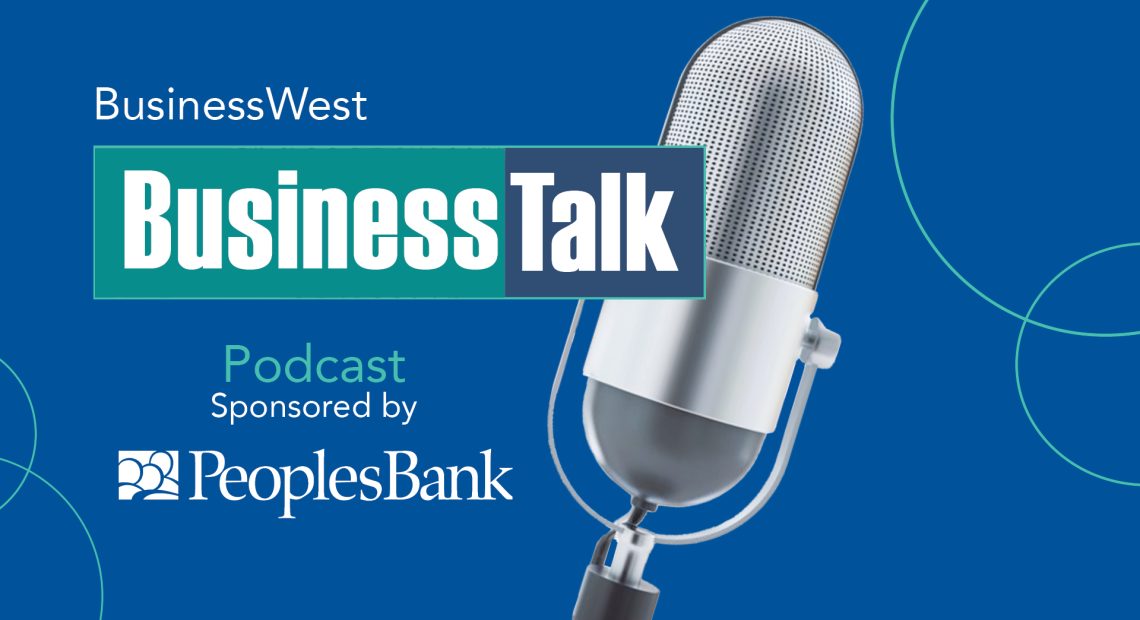

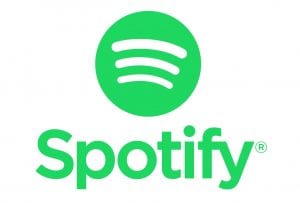



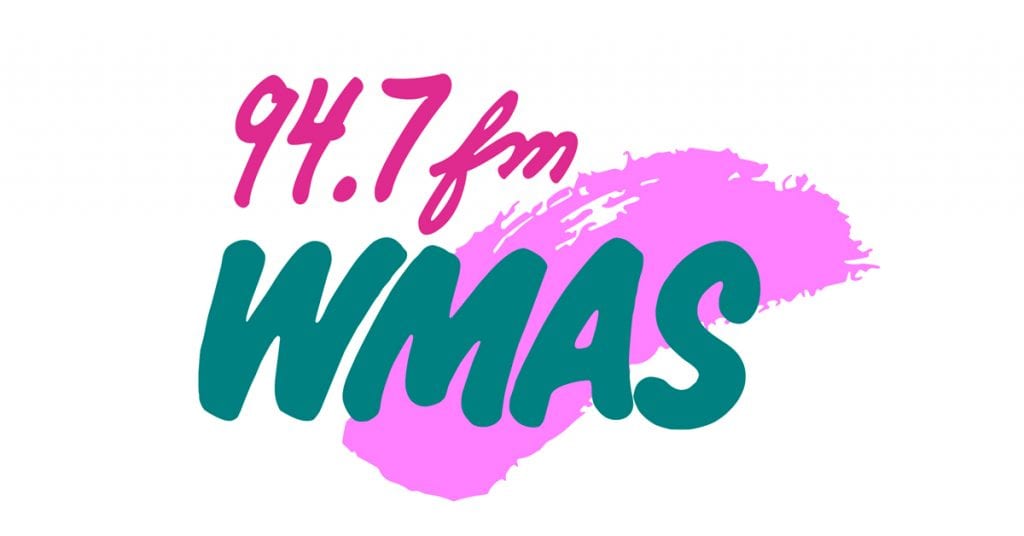

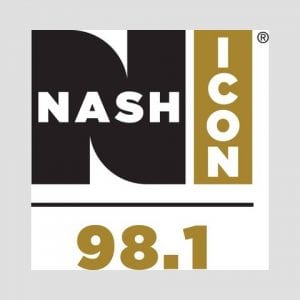


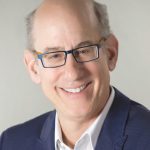 “I am convinced that your money myths limit your thinking and impact how you approach your life and your finances.”
“I am convinced that your money myths limit your thinking and impact how you approach your life and your finances.”